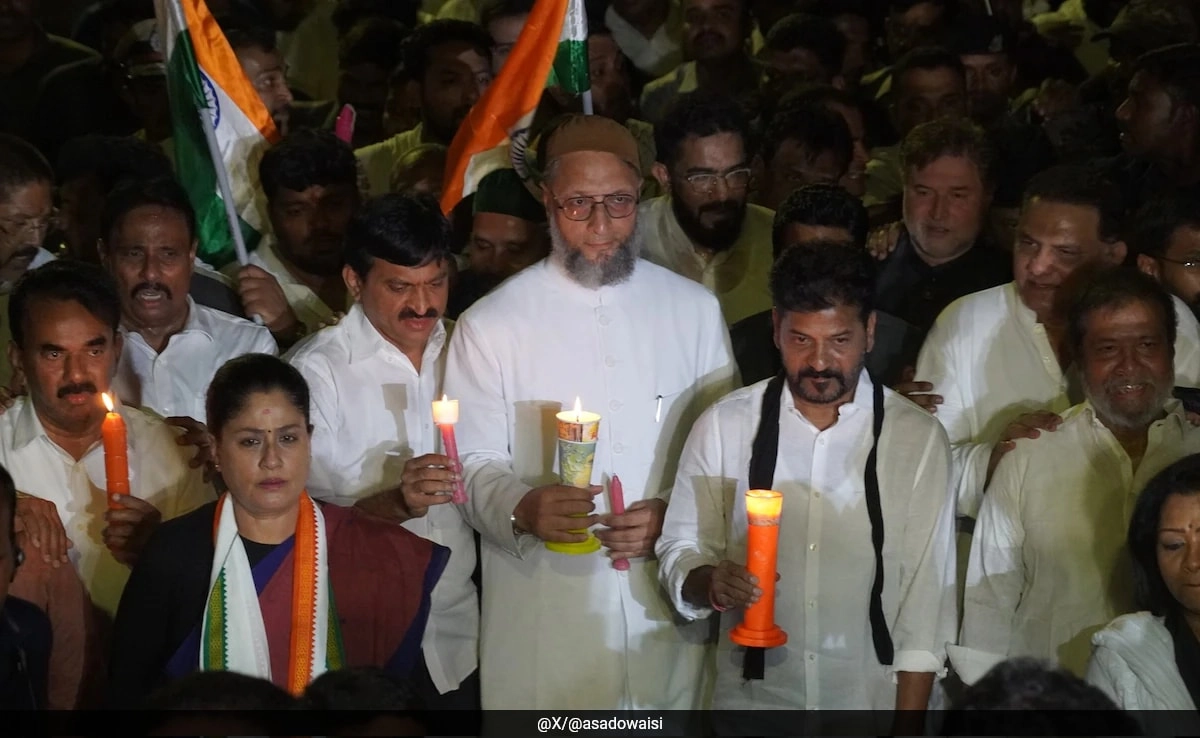Canadian authorities have recently apprehended Inderjit Singh Gosal, a notable figure associated with the Khalistani movement and a close aide to Gurpatwant Singh Pannun, the leader of the banned Sikhs for Justice (SFJ) organization. This arrest has sparked significant discussions regarding the implications for both Canadian law enforcement and international relations, particularly in the context of India’s ongoing efforts to combat terrorism. Gosal’s connection to the Khalistani separatist agenda highlights the persistent issue of extremist activities that have found a foothold in various countries, including Canada.
The Khalistani movement, which seeks to establish a separate Sikh state in India, has been a contentious topic for decades. Proponents argue for the rights of Sikhs, while critics highlight the potential for violence and unrest that these separatist aspirations can incite. Gosal’s arrest is seen as a vital step by Canadian authorities to address the growing concerns about the activities of Khalistani extremists on Canadian soil. This action may also reflect a broader commitment by Canada to collaborate with India in efforts to counteract terrorism, particularly as the two nations navigate complex diplomatic relations.
Inderjit Singh Gosal’s ties to Pannun and the SFJ underline the intricate web of international terrorism and separatist movements. The SFJ, which has been designated as a terrorist organization by the Indian government, has been involved in various campaigns advocating for Khalistan, often using social media and other platforms to incite violence and spread propaganda. The arrest of a high-profile figure like Gosal could potentially disrupt the operations of the SFJ and diminish its influence among the Sikh diaspora in Canada and beyond.
Moreover, this incident raises questions about the responsibility of countries like Canada in managing and monitoring extremist groups within their borders. The Canadian government has faced criticism in the past for its handling of such issues, and the arrest of Gosal might signal a more proactive approach towards addressing the activities of groups that threaten national and international security. As the situation develops, it remains to be seen how this arrest will affect the dynamics between Canadian authorities, the Sikh community, and the Indian government, especially given the historical sensitivities surrounding the Khalistani movement.




